Britain & Ireland
What was it about industrialisation that led to the emergence of a woman’s movement in Victorian Britain? Why do we see so many people fighting for so many rights and liberties in this period and what are the origins of some of the issues we still campaign on today? This section includes our major series on Social and Political Change in the UK from 1800 to the present day. There are also articles and podcasts on the often violent relationship between England and Ireland during this period and England’s changing relationship with Scotland and Wales. Read more
Sort by:
Date (Newest first) | Title A-Z
Show:
All |
Articles |
Podcasts |
Multipage Articles
-
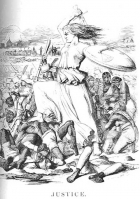
Cartoons and the historian
ArticleClick to view -
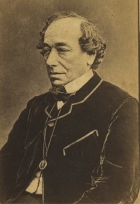
'The end of all existence is debarred me': Disraeli's depression 1826-30
ArticleClick to view -
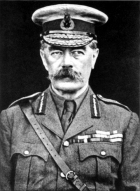
The snobbery of chronology: In defence of the generals on the Western Front
ArticleClick to view -
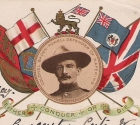
Sir Francis Fletcher Vane, anti-militarist: The great boy scout schism of 1909
ArticleClick to view -
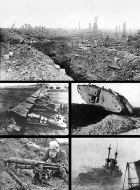
What did you do in The Great War? A family mystery explored
ArticleClick to view -
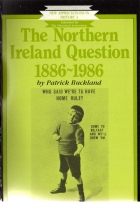
The Northern Ireland Question 1886-1986
ArticleClick to view -
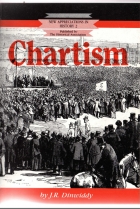
Chartism
ArticleClick to view -

Polychronicon 129: Reinterpreting Peterloo
ArticleClick to view -

The People's Pension
ArticleClick to view -
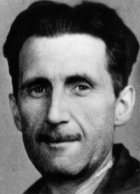
The Englishness of George Orwell
ArticleClick to view -
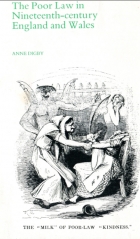
The Poor Law in Nineteenth-century England and Wales
ArticleClick to view -
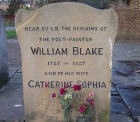
Hat on headstones
ArticleClick to view -

Child labour in eighteenth century London
ArticleClick to view -

Fascist behind barbed wire: political internment without trial in wartime Britain
ArticleClick to view -
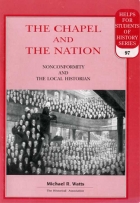
The Chapel and the Nation
ArticleClick to view -
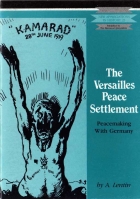
The Versailles Peace Settlement
ArticleClick to view -
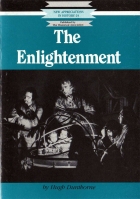
The Enlightenment
ArticleClick to view -
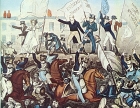
Remember Peterloo!
ArticleClick to view -
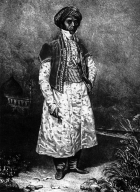
Dean Mahomet: Travel writer, curry entrepreneur and shampooer to the King
ArticleClick to view -
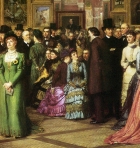
Anorexia Nervosa in the nineteenth century
ArticleClick to view

